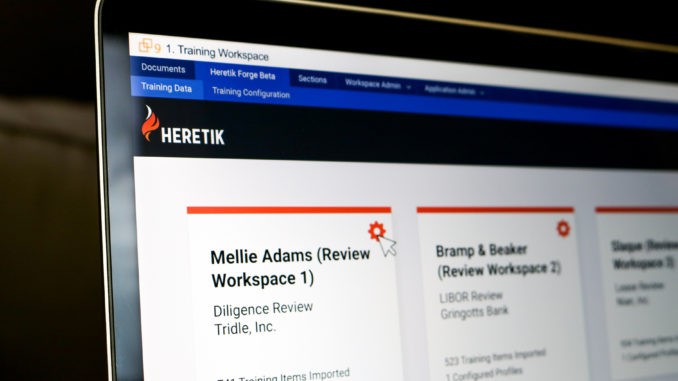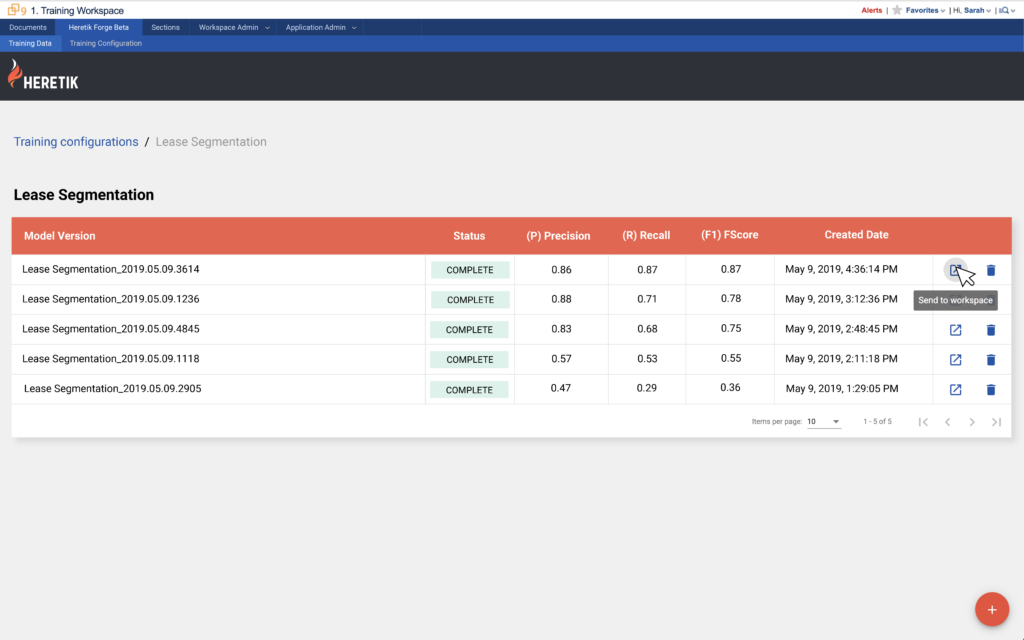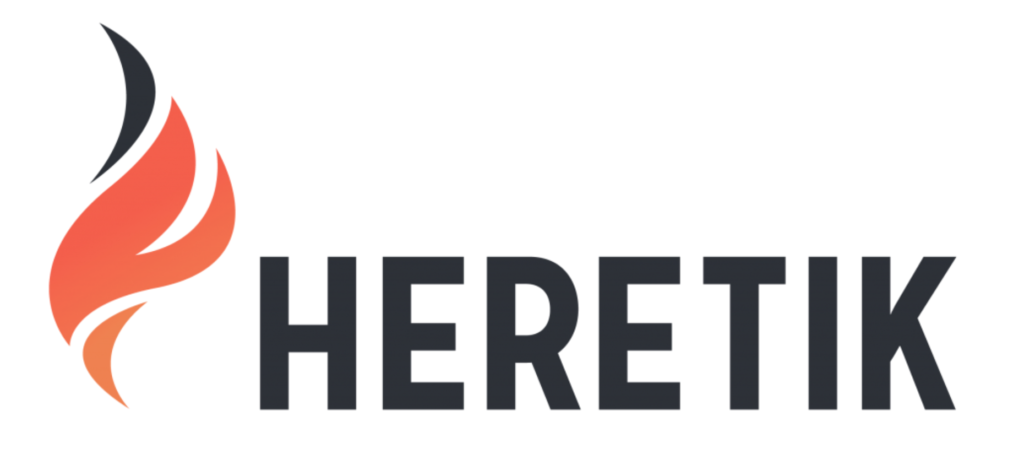
Legal AI company, Heretik, which works through the Relativity platform, has launched Forge, its new capability to allow users to build their own contract analysis machine learning models, in what is a major leap forward.
Heretik is unusual in that it has grown up hand in hand with e-discovery platform, Relativity, which allows it an immediate access to a wide range of users, some of which have now become regular clients of the AI review system, including Big Four firm, PwC.
This latest capability could well now increase competition in the contract review space, as the ability to train up your own extraction models and/or build upon the 42 pre-sets that Heretik already provides related to regular provisions in Common Law contracts, takes the platform up a level in usability and flexibility.
Relativity is one of the most widely used litigation review platforms in the sector, what it’s lacked is a transactional review and broader non-disputes related capability. But, in its partnership with Heretik and with this newly expanded capability, users have a far broader value proposition.
Artificial Lawyer spoke with CEO and co-founder, Charlie Connor, of the Chicago-based company when he was over in London this week for RelativityFest. He explained that although their system operates within Relativity, they also have APIs and integrations with a large number of legal data and collaboration platforms, so data can be easily moved around inside a firm.
Connor also noted that they had seen clients building their own models for one project, then finding they can use them again on future work of a similar variety. And this is of course where the front-loading of effort with ML starts to pay off. You may have spent time training up your own models, but thereafter the legwork should be a lot less and the speed with which you can segment documents, identify key clauses and extract information should accelerate significantly.

He also highlighted the fact that they don’t seek to hold your models that you’ve built – and that is a key point for some firms that worry about IP bleeding out to others.
‘You own your models and we don’t know the content. You don’t need to export the model [to us] and you do not need consulting advice from us to make your own models,’ he explained.
Connor then gave one example of a novel use beyond traditional transactional review, where a company wanted to rationalise its NDAs. It had around 1,000 different NDAs across the organisation and this was clearly inefficient, not to mention a KM problem.
Using Heretik and its ability to train up new models they segmented out the many different types of NDA, then were able to dig deeper into the clauses and language to consolidate them down to a more useful library of 100 NDAs to be used across the company.
‘You own your models and we don’t know the content. You don’t need to export the model [to us]’
The training itself seems similar to others in the market, based primarily on highlighting desired entities as part of a progressive exercise to hit the right level of accuracy – although this can be done within the wider review platform of Relativity.
Connor adds that there is a user-friendly dashboard to help you in this process and ‘you don’t need a computer engineering degree to train the models’.
Other aspects include the ability to very specifically limit who can look at what data.
And, another very interesting development is Connor’s stated hope that they can eventually move to a completely subscription-based model.
‘We want to move away from fees based on doc count,’ he explains.

This is something that Artificial Lawyer has picked up more generally across the market – customers find the billing methods of AI companies to be highly varied and that charging by the document feels a bit antiquated. There have also been grumbles about getting charged just for keeping data on an AI company’s cloud platform, even when it’s not being worked on.
Clearly there is an opportunity here for this younger company to learn from the market and give people what they want.
All in all it’s a positive move and from Artificial Lawyer’s point of view the more heathly competition in the legal AI market the better. Heretik’s evolution and steady growth also shows that although there is some significant market share now held by one or two major legal AI companies, there is still much to play for.
Let’s give the last word to one of Heretik’s clients: PwC. In a glowing review, the Big Four firm’s UK’s Head of Digital and Forensic Investigations, Umang Paw, said: ‘Heretik Forge’s fantastic new platform allows us to continue to invest in our people in an efficient and flexible fashion; enabling the team to expand their expertise within our industry leading digital services, and to supplement our already strong Relativity practice.’
But – you be the judge. Clearly the only way to know if this is as useful as PwC says, is to give it a demo and see.
For a bit more info, check out the short video below (about 2.30 minutes).
